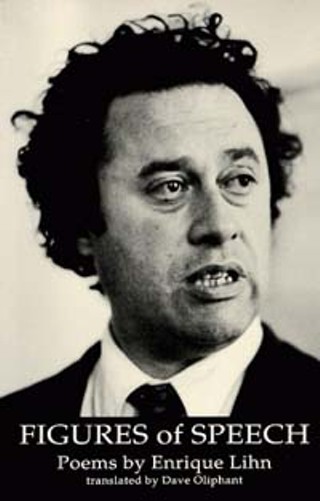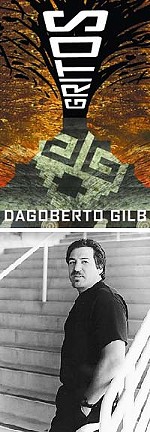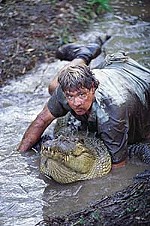Figures of Speech: Poems of Enrique Lihn
Reviewed by David Garza, Fri., Feb. 4, 2000

Figures of Speech: Poems by Enrique Lihn
translated by Dave OliphantHost Publications, 187 pp., $12 (paper)
The most fascinating stories from the evolution of Latin American poetry in the 20th century seem to come, quite unexpectedly, from Chile. The long and narrow land that produced Pablo Neruda, Gabriela Mistral, and Vicente Huidobro, already rich enough in its literary figures, proves to be a more complex and experimental breeding ground for literary aesthetics and philosophy than one would expect, due largely to successful translations of lesser-known poets such as Dave Oliphant's study and display of the works of Enrique Lihn in Figures of Speech. While many of the Latin poets of the century focus on the development of an American aesthetic distinct from the European tradition, relying heavily on indigenous strands and patriotic motifs, Lihn falls under the far more compelling rubric of poets who achieve that larger goal by concentrating instead on personal themes that reveal artistic issues in nude and telling forms. "Poet from head to toe," he calls himself in his own work.
As complex and bizarre as Lihn's verse becomes, it requires a translator as dedicated to the work and familiar with the poet as Oliphant is to do the work its justice. Having translated the poetry of Chile for 30 years, he proves his sound critical sense by assembling a beautiful selection of Lihn's work that displays his central themes and concerns at the peaks of his powers. Perhaps the most important of these themes is the troubled attempt to create the self, or to exist in any convincing form at all, by means of writing poetry. In his "News from Babylon," Lihn writes: "Grandmother of writing, typewriter mine/blood no longer runs in my veins:/from the sanctified water I'm a putrified spot."
Lihn is thoughtful enough (or neurotic, he might argue) to counter his own attempts with questions and refutations, insisting that language is doomed from the start as any device of representation. This self-denying theory fortunately does not rise to the level of self-extinction, as his poetry seems to accomplish certain goals independently of the poet's intentions. How damaging can these questions be, after all, when they are the tired pet themes of lit crit classes throughout the world? But where Huidobro shocks with his petulant claims to divinity as the right of the poet, Lihn (in spite of himself) achieves a subtle and quite accidental sanctification that is more delightful to experience: "Orphan of the eagles, father to his own increase/dark, shaded by an angel long deceased."
While previous translations of Lihn's work, most notably David Unger's version of the 1963 poem "The Dark Room," are adequate in their motion and easy presentation of the poet's images, they tend to lack the unhinged and chaotic, nearly broken shards of language so crucial to the poet's treatment of his own Spanish. Oliphant doesn't quite accomplish that impossible feat, but he impresses with generally faithful and inspired translations of a man he obviously and understandably admires. The translator understands well enough that the image of the poet himself -- the deliberate image -- presents a difficult symbol representative of his own fantastic struggle: There are the bags below the eyes, an empty mouth turned downward, and most important of all, the undefeated jaw stretched tight in polemics of undisclosed importance.
Dave Oliphant will be at Barnes & Noble Guadalupe on Thursday, February 3, at 7pm.










